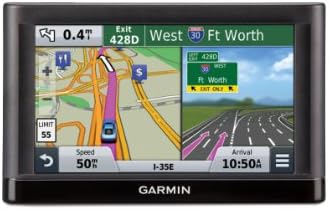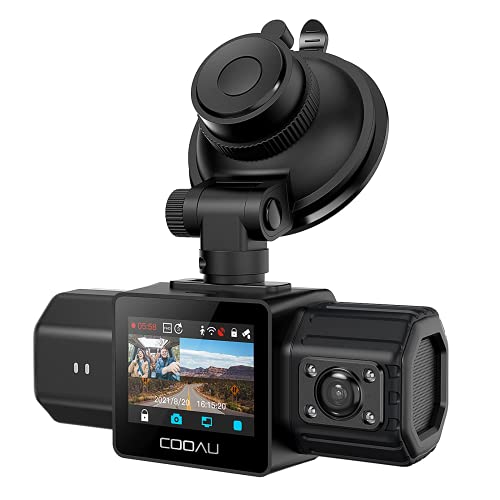Navigating the Decision: DIY vs. Professional GPS Installation
Adding a built-in GPS navigation system to your car can significantly enhance your driving experience. But before you jump into the project, a critical decision looms: DIY or professional installation? This comprehensive guide breaks down the pros and cons of each approach, helping you determine the best path for your skills and comfort level. We’ll cover everything from the technical aspects of installation, like the importance of proper torque, to the cost comparisons between DIY and professional services.
Understanding the Installation Process: More Than Just Plugging It In

Installing a built-in GPS navigator is more complex than simply plugging in a portable device. It involves integrating the system into your vehicle’s electrical system, potentially including intricate dashboard disassembly and careful wiring. This often includes connecting to your car’s power source, antenna, and potentially even the audio system for voice guidance.
A poorly executed installation can lead to several problems: electrical shorts, system malfunctions, damage to your car’s interior, and even voiding your warranty. The level of difficulty depends heavily on the make and model of your vehicle. Some cars have more accessible dashboards and simpler wiring configurations than others. Research specific installation guides for your car model before starting.
The DIY Approach: A Test of Patience and Skill
Tackling the installation yourself can be a rewarding experience, providing a sense of accomplishment and potentially saving you significant money. However, it requires patience, technical aptitude, and access to the right tools. You’ll need a good understanding of automotive electrical systems, the ability to carefully follow instructions, and potentially specialized tools like trim removal tools, wire strippers, and crimpers.
Pros of DIY: Cost savings, learning opportunity, personal satisfaction.
Cons of DIY: Risk of damage, potential for errors, time commitment, need for specialized tools and knowledge.
The Professional Route: Peace of Mind and Expertise
Opting for a professional installation offers peace of mind and ensures the job is done correctly. Professional installers have the experience, tools, and knowledge to handle even the most challenging installations efficiently and safely. They’re familiar with various car models and can troubleshoot any issues that might arise.
Pros of Professional Installation: Guaranteed quality, minimized risk of damage, warranty protection, faster installation time.
Cons of Professional Installation: Higher cost.
Torque: The Unsung Hero of Secure Installation
Proper torque is critical in any automotive installation. This refers to the rotational force applied to fasteners, such as screws and bolts. Applying too little torque can lead to loose connections, while applying too much can strip threads or damage components. Your car’s specific torque specifications will vary depending on the model and the type of fastener involved. Always consult your vehicle’s service manual for the correct torque values to prevent damage and ensure a secure installation.
Engine Options and Towing Capacity: Relevant, But Indirectly
The specifics of your car’s engine (e.g., horsepower, engine type) and towing capacity aren’t directly related to GPS installation itself. However, they can indirectly influence your choice. If you’re dealing with an older vehicle or one with limited space under the dashboard, the installation might be more challenging, potentially making a professional installation more desirable. The towing capacity is primarily relevant if you’re considering hauling a trailer equipped with its own separate GPS system – a topic beyond the scope of this particular article.
Comparing GPS Navigation Systems: Features and Functionality
Before installation (whether DIY or professional), research various GPS navigation systems to find one that matches your needs and budget. Factors to consider include screen size, map detail, voice guidance quality, traffic updates, points of interest (POI) databases, and integration with your smartphone. Compare features and prices from leading brands to make an informed decision.
Cost Comparison: DIY vs. Professional

The cost of a DIY installation is primarily determined by the price of the GPS unit itself and any additional tools you may need to purchase. Professional installation costs vary significantly depending on your location, the complexity of the installation, and the installer’s rates. Expect to pay anywhere from $100 to several hundred dollars for professional services.
Practical Advice for Both Approaches

For DIY enthusiasts: Take your time, read the instructions thoroughly, take detailed photos before disassembling anything, and double-check all connections. If you encounter any difficulties, don’t hesitate to seek help from online forums or consult a professional.
For those hiring a professional: Get multiple quotes, ask about their experience with your car model, and check reviews before making a decision. Make sure the installer offers a warranty on their work.
Conclusion: Making the Right Choice

Ultimately, the decision of DIY versus professional installation comes down to your personal skills, available time, and risk tolerance. If you’re comfortable working with electronics and have the patience for a potentially challenging project, DIY might be the right choice. If you prefer peace of mind and want to ensure a flawless installation, hiring a professional is the safer bet. Weighing the pros and cons carefully will help you make the best decision for your needs and budget.